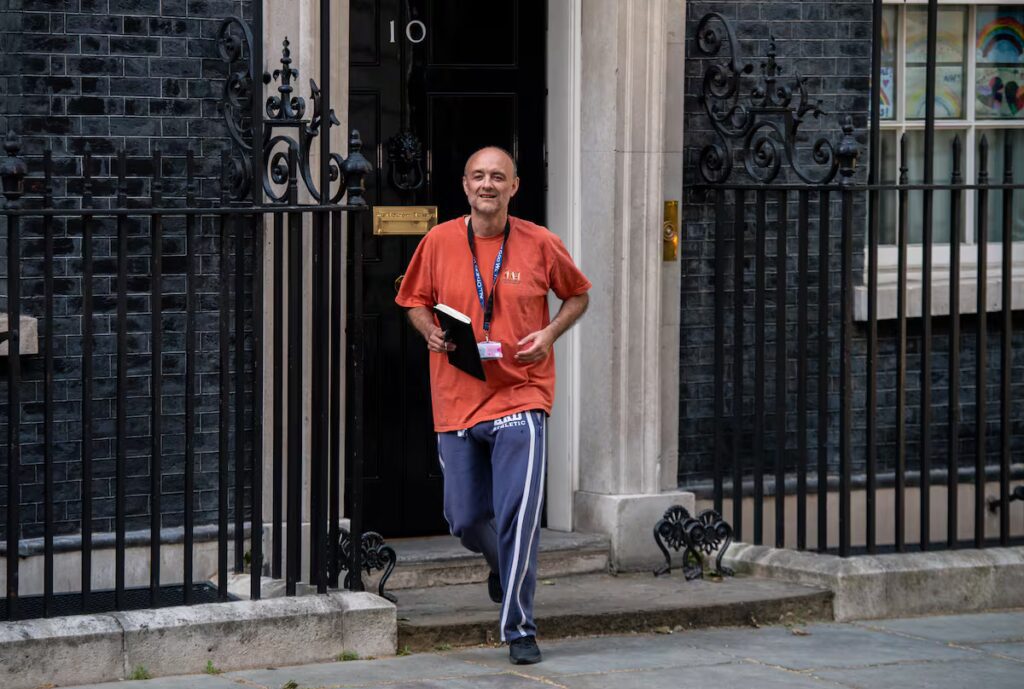Table of Contents
ToggleThe Privilege of Dressing Badly: A Socio-Fashion Exploration
Two years ago, fashion critic Eugene Rabkin, founder and editor of StyleZeitgeist, published an insightful piece discussing why individuals from disadvantaged backgrounds often aspire to dress elegantly. Rabkin suggests that aspiration stems from a need to validate one's place in society. He argues that the truly privileged dress without the necessity to prove anything, echoing the sentiment that dressing poorly can indeed be seen as a privilege in itself.
Cultural Context in Fashion Choices
Luxury expert Beatriz Carranza adds to this dialogue by explaining that intentionally breaking style norms takes a form of cultural capital. Understanding the rules and choosing to deviate from them signifies a different kind of status. Context plays a vital role, as breaking dress codes can be viewed differently across various cultures and social circles; in some, it may even come off as disrespectful. Carranza notes that unconventional dressing can be perceived as audacity or irony, depending on who is wearing it.
Fashion and Its Socioeconomic Implications
Rabkin recently shared insights from his 2023 piece, emphasizing the relevancy of his ideas today. He conversed with W. David Marx, author of Status and Culture, who elaborated that being a white, wealthy, heterosexual male often entails an inherent status that dilutes the need for ostentation. For such individuals, modest dressing can often signal elevated social status. This detachment from material signaling has transformative implications for how status is perceived over time.
Journalist Robert Armstrong reflected on Boris Johnson's casual fashion choices, asserting that a relaxed style can sometimes convey power and entitlement. He emphasized that a “devil-may-care” attitude in dress often stems from privilege.
The Political Landscape and Female Fashion
For women in politics, the dynamics are notably different. The Netflix series The Diplomat illustrates this, highlighting a scene where Vice President played by Allison Janney critiques the attire of diplomat Kate Wyler, indicating how appearance impacts perceptions in political environments.
According to Luke Sweeney from the London tailor Thom Sweeney, there's a distinction between casual dressing and deliberately shabby attire. He mentions that purposeful dishevelment implies a certain contempt for others, especially for those in the public eye, recognizing that stylish individuals can wear both casual and formal clothing effectively.
Dressing Down as a Statement of Power
The notion of dressing poorly as a deliberate choice resonates with figures like Dominic Cummings, former advisor to Boris Johnson, who famously rejects conventional attire. Fashion journalist Kate Finnigan suggests Cummings' look is a personal statement against traditional political vestments, signifying his disdain for conventional career politicians.
Expectations of Appearance in Society
Sociologist Tressie McMillan Cottom emphasizes that looking “presentable” is a privilege predominantly held by the affluent. She points out that societal norms surrounding appearance have profound implications for access to opportunities and rewards, highlighting that “presentable” is relative and often unequal.
Pedro Mansilla, a fashion sociologist, notes that the upper class has a longstanding inclination toward non-traditional styles, which can shock and challenge the more conformist middle class. The deliberate choice of inappropriate attire can serve as a status symbol but risks turning into a trend.
The Role of Nonconformity in Fashion
Harvard researchers Silvia Bellezza, Francesca Gino, and Anat Keinan studied the “Red Sneakers Effect,” revealing how nonconformity in fashion, such as wearing casual attire in luxury settings, can evoke positive perceptions of status among peers. Carranza agrees, asserting that breaking fashion norms conveys confidence and serves as a tool for differentiation.
Rabkin argues that for those lacking material wealth, dressing well becomes a source of dignity, countering the stereotype that fashion is only a superficial concern. As Armstrong wisely remarks, “there is no disguise more traditional or theatrical for those in power than that of indifference.”









